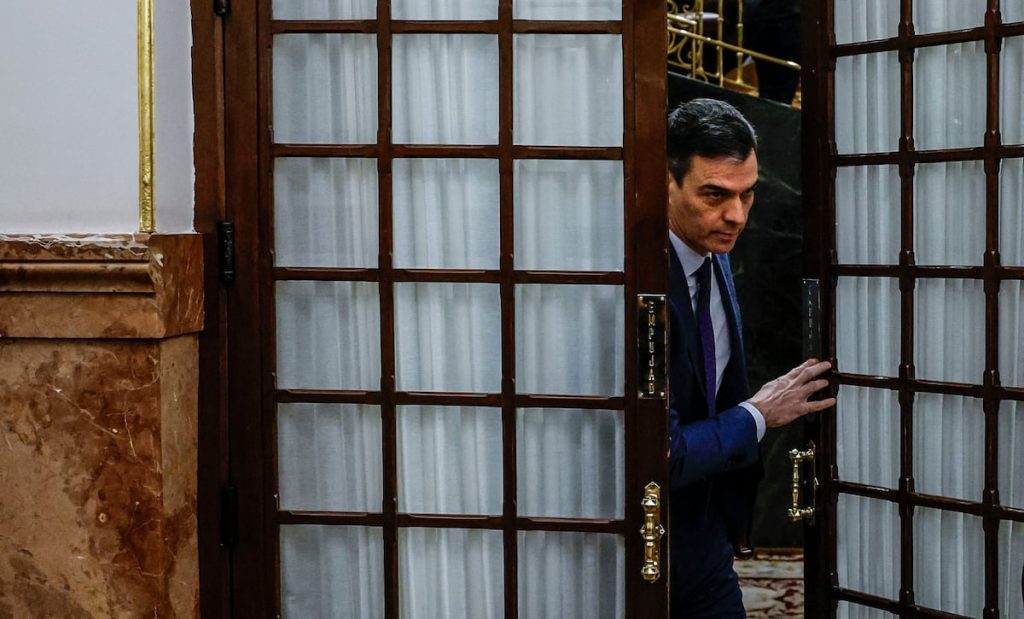The author expresses admiration for President Pedro Sánchez as a character in a novel, a tough guy facing his destiny amidst the intense hatred from the right and the good luck that has always been on his side. His enemies are making him larger than life and he may only be remembered because of them. After winning the elections, Sánchez was confronted with a pandemic that his opponents used to blame him for the thousands of deaths, even going as far as calling him a murderer. He then faced a series of challenges, like a volcano eruption and a war, with his enemies trying to bring him down at every corner. The question remains whether they will succeed this time. While the political arena is filled with toxic behavior, other sectors continue working and living their lives, highlighting the absurdity of the political world.
In the midst of spring, as nature blossoms and life goes on, the extreme right has managed to spread hatred in the air, creating a suffocating atmosphere. The author reflects on the irrational animosity towards President Pedro Sánchez, not only from his political opponents and the right-wing media, but also from some intellectuals and even members of his own party. The author believes that Spain has everything it needs to be happy and successful, but for some reason, it always ends up finding its own downfall. The country seems to be under a curse where negativity prevails, with hatred and discord taking over instead of progress. The author paints a picture of a dynamic and creative country marred by a culture of self-destruction and division.
The character of Pedro Sánchez is portrayed as a resilient figure, constantly battling against the odds and his relentless adversaries. Despite the challenges thrown his way, he continues to push forward, facing each new obstacle with determination and strength. The author admires Sánchez for his ability to remain steadfast in the face of adversity, standing tall even when under fire from all sides. The comparison to a novel character adds layers to the narrative, depicting Sánchez as a complex and enduring protagonist in the political landscape of Spain. His journey is painted as a tumultuous one, filled with trials and tribulations, yet he remains a central figure in the narrative, defying the expectations of his detractors.
The author highlights the contrast between the toxic and divisive nature of politics and the everyday lives of regular people going about their business. While politicians engage in endless battles and power struggles, the rest of society continues to function, with workers in various sectors contributing to the country’s progress. The author emphasizes the absurdity of the political world, where hatred and discord reign supreme, while other sectors focus on constructive activities. There is a sense of frustration at the state of affairs, with a call for a shift in focus towards positivity and progress, away from the toxic environment of politics. The societal landscape is portrayed as a mix of chaos and order, with the hope of a brighter future beyond the current turmoil.















